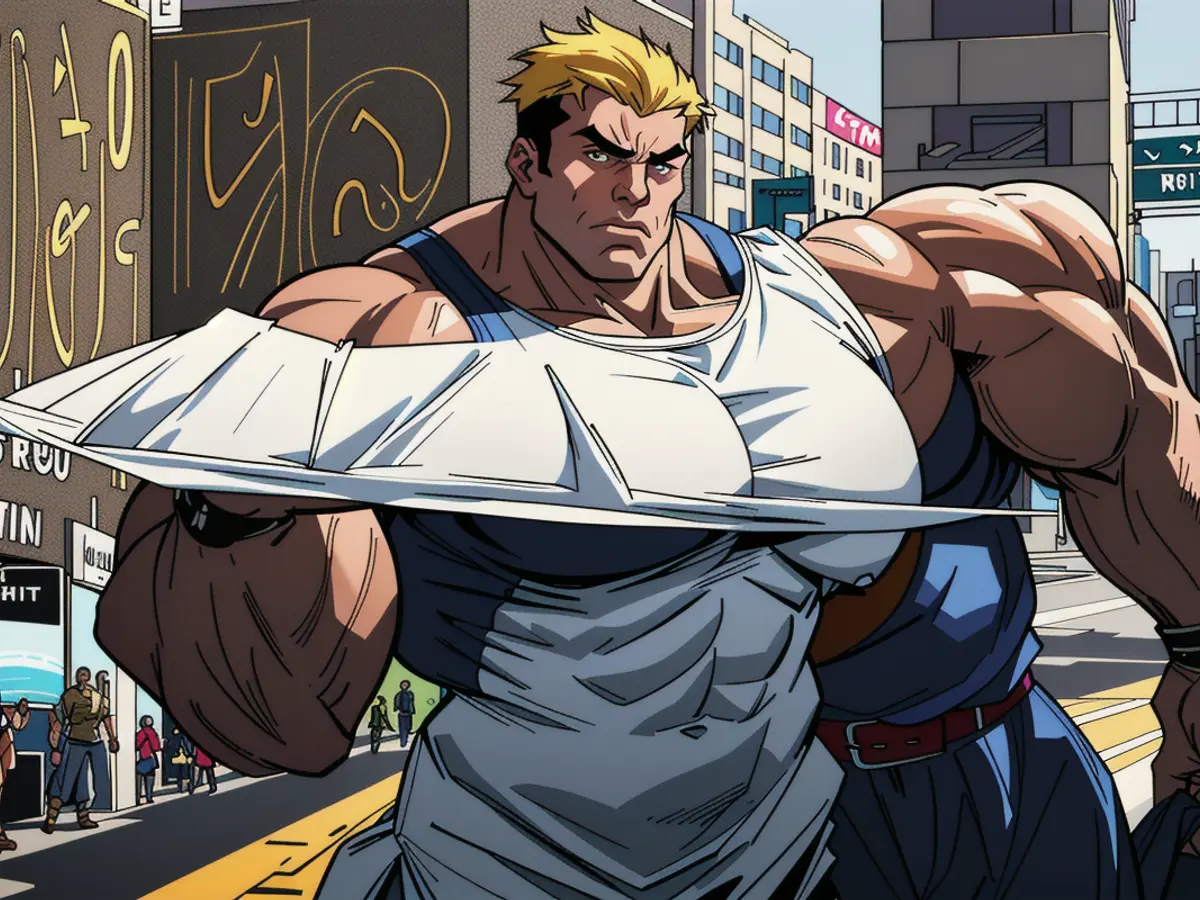Fervent Right-wing Demonstrations Stall Görlitz-Zgorzelec Border Crossing
Stirring the Pot
Demonstrators Obstruct Passage at German-Polish Border Checkpoint
Recent demonstrations at the Görlitz-Zgorzelec border crossing between Germany and Poland have been prompted by Germany's admittance policy for migrants and asylum seekers. Nationalist figure Robert Bąkiewicz organized these protests in an effort to prevent Germany from deporting migrants to Poland under the Dublin Regulation. Protesters displayed nationalistic banners such as "Christian Poland, not Muslim" and "Stop relocations"[1][2].
Sparking a Ruckus
These demonstrations drew criticism from the Polish government, led by Prime Minister Donald Tusk, who suggested the possibility of Poland no longer adhering to the Dublin Regulation and other migrant return agreements[1]. Support poured in from Poland's national-conservative opposition party, Law and Justice (PiS), with presidential candidate Karol Nawrocki slamming the government for not effectively securing the border[1].
The German government has remained largely silent regarding the protests, though they have persisted with their policy of deporting asylum seekers to Poland[1]. The ongoing protests have sparked intense debates about immigration and border management in both countries, with Poland struggling under the weight of Germany's deportations. The presence of extremist groups displaying emblems like the Celtic cross has also raised questions about right-wing extremism's role in these demonstrations[1][3].
Breaching the Barricades
For hours, the border crossing was obstructed due to the demonstrations, with a barricade featuring the word "Stop" erected on the border bridge. No cars could pass, and those wanting to traverse the border had to walk over the old town bridge. Authorities confirmed that the protests remained peaceful, and no major conflicts were reported, although they took place entirely within Polish territory[3].
At the Heart of Strife
The drama unfolding at the Görlitz-Zgorzelec border crossing underscores the complex challenges faced by European countries in seizing control of their borders while adhering to the EU's regulations. The political and social rifts exposed by these demonstrations reveal the mounting tension within the EU concerning immigration policies and the enforcement of the Dublin Regulation[1][2].
In the Thick of It
The recent protests echo broader disagreements between Poland and Germany, with Poland questioning Germany's deportation methods and Germany standing firm on its border controls introduced in 2023[1]. The actions taken by the protesters serve as a reminder that immigration remains a contentious issue stirring up emotions in the European Union.
Sources:
[1] ntv.de[2] mpa[3] Personal communications with sources in the region
Tags:
- Saxony
- Poland
- Görlitz
- Police
- Demonstrations
- Protests
- Immigration
- Migration policies
- Right-wing extremism
- European Union
- Dublin Regulation
- The employment policy of German authorities in managing migrants and asylum seekers, as in the case of the Görlitz-Zgorzelec border crossing, has sparked strong reactions, even extending to community policy debates, as evidenced by the ongoing right-wing demonstrations in Poland.
- The Poland-based protests against the Görlitz-Zgorzelec border crossing, led by nationalist figure Robert Bąkiewicz, involve more than just immigration and border management concerns; they also reflect broader employment policy disagreements between Poland and Germany, especially in light of the Dublin Regulation.
- The escalating tensions over migrant admittance and deportation at the Görlitz-Zgorzelec border have not only polarized the European Union, leading to debates among member states about immigration policies, but have also prompted calls for change in Poland's employment and community policy towards migrants and asylum seekers.








